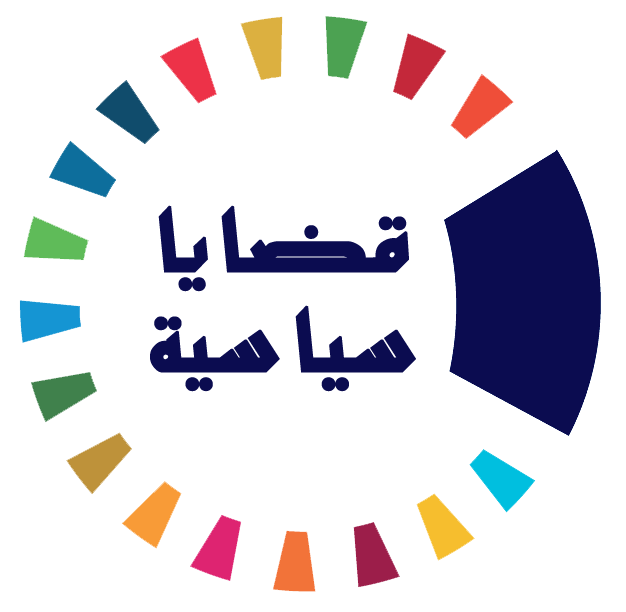Abstract
Abstrac
Dominated the global arena attempts historic centers of imperialism (the United States, Europe, and Japan) to maintain its control of exclusive on the planet through a combination of economic globalization and liberal policies, which allow for capital transit of nationalism, of the Trinity, that is unique to issue decisions alone in all issues, including the interests of these countries alone . But the global landscape began to change with the entry of the twenty-first century world, although the United States, Europe and Japan remain in the list of major economic powers today, but it can not question the idea that the rising powers (Russia, China and India), has transferred the impact of rise to the level of major powers and the re-arrangement of power and style of leadership within the international system.
International economic grouping called the group " BRIC" which includes Brazil, Russia, India, and China) appeared, which was officially formed in 2009 its own economic bloc, which turned into a "BRICS" in December of the year 2010 after the accession of the State of South Africa, and includes this block more than)40%) of the world's population and account for almost(25%) of global GDP, and accounts for nearly (18%) of world trade, and has become an important mechanism for building a new world order
Dominated the global arena attempts historic centers of imperialism (the United States, Europe, and Japan) to maintain its control of exclusive on the planet through a combination of economic globalization and liberal policies, which allow for capital transit of nationalism, of the Trinity, that is unique to issue decisions alone in all issues, including the interests of these countries alone . But the global landscape began to change with the entry of the twenty-first century world, although the United States, Europe and Japan remain in the list of major economic powers today, but it can not question the idea that the rising powers (Russia, China and India), has transferred the impact of rise to the level of major powers and the re-arrangement of power and style of leadership within the international system.
International economic grouping called the group " BRIC" which includes Brazil, Russia, India, and China) appeared, which was officially formed in 2009 its own economic bloc, which turned into a "BRICS" in December of the year 2010 after the accession of the State of South Africa, and includes this block more than)40%) of the world's population and account for almost(25%) of global GDP, and accounts for nearly (18%) of world trade, and has become an important mechanism for building a new world order
Abstract
هيمنت على الساحة العالمية محاولات المراكز التاريخية للراسمالية العالمية (الولايات المتحدة وأوروبا، واليابان) الحفاظ على سيطرتها الخالصة على الاقتصاد الدولي من خلال مزيج من سياسات العولمة الاقتصادية الليبرالية التي تسمح لرأس المال العابر للقومية، التابع للثالوث، بأن ينفرد بإصدار القرارات فى جميع القضايا بما يحقق مصالح هذه الدول وحدها . لكن بدأ المشهد العالمي بالتغيّر مع دخول العالم القرن الواحد والعشرين، فعلى الرغم من أنّ الولايات المتّحدة الأمريكية، وأوروبا واليابان تبقى في قائمة القوى الاقتصادية الرئيسة اليوم، إلا أنه لا يمكن التشكيك بفكرة أنّ القوى الاخرى( روسيا،الصين والهند)، والتي قامت بتحويل تأثير صعودها إلى مستوى القوّى الرئيسة ، قادرة على اعادة ترتيب القوى ونمط القيادة للنظام الدولي .
فظهر تجمع اقتصادي دولي يسمى " مجموعة بريك" BRIC تضم (البرازيل، وروسيا، والهند والصين) والتي شكّلت رسمياً في العام 2009م كتلة اقتصادية خاصة بها التي تحولت إلى "بريكس" في نهاية العام 2010م بعد انضمام دولة جنوب أفريقيا اليها ، وتشكل مساحة هذه الدول نحو (%30) من مساحة الیابسة عالمياً،وتضم هذه الكتلة نحو (43%) من سكان العالم وتمثل نحو(25%) من الناتج المحلي الإجمالي العالمي، وتستحوذ على قرابة (18%) من التجارة العالمية، كما وانها أصبحت آلية مهمة لبناء نظام عالمي جديد.
فظهر تجمع اقتصادي دولي يسمى " مجموعة بريك" BRIC تضم (البرازيل، وروسيا، والهند والصين) والتي شكّلت رسمياً في العام 2009م كتلة اقتصادية خاصة بها التي تحولت إلى "بريكس" في نهاية العام 2010م بعد انضمام دولة جنوب أفريقيا اليها ، وتشكل مساحة هذه الدول نحو (%30) من مساحة الیابسة عالمياً،وتضم هذه الكتلة نحو (43%) من سكان العالم وتمثل نحو(25%) من الناتج المحلي الإجمالي العالمي، وتستحوذ على قرابة (18%) من التجارة العالمية، كما وانها أصبحت آلية مهمة لبناء نظام عالمي جديد.
